It may feel awkward, but it's important to explain to children the risks of sexting, how to stay safe and remind them that they can talk to you if something ever makes them feel scared or uncomfortable.
Tagged with guidance
This draft document explores key questions in the form of a checklist to help educational settings ensure the maximum impact of online safety sessions.
The guidance highlights a range of resources which can be used to support educational setting to develop a whole setting approach towards online safety in line with national guidance. The document can be used to facilitate conversations between educational settings and external visitors to develop children and young people’s digital literacy skills and parental awareness.
Melissa Zimdars is an assistant professor of communication and media at Merrimack College in North Andover, Mass. When she saw her students referencing questionable sources, she created and shared a document with them of how to think about sources, as well as a list of misleading, satirical and fake sites.
Key advice for those working in the health sector - including GPs, school and community nurses and child and adolescent mental health professionals - to help them understand the impact of digital technologies on young people and their mental health in particular.
Female genital mutilation (FGM) is the partial or total removal of external female genitalia for non-medical reasons. It's also known as female circumcision or cutting.
Religious, social or cultural reasons are sometimes given for FGM. However, FGM is child abuse. It's dangerous and a criminal offence.
Parental advice on contacting social media sites
It’s so easy for young people to share online, that sometimes they might post something and wish that they hadn’t.
If your child has posted something that they regret on to Facebook, YouTube, Instagram, ooVoo or another site, you should advise them to delete it from their account as quickly as they can.
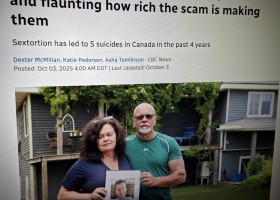
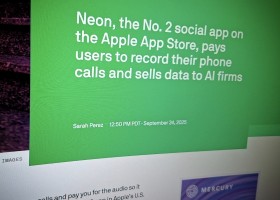
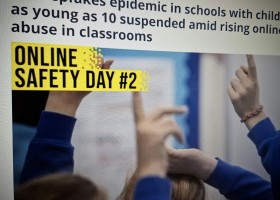
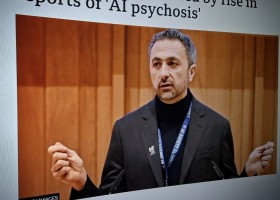
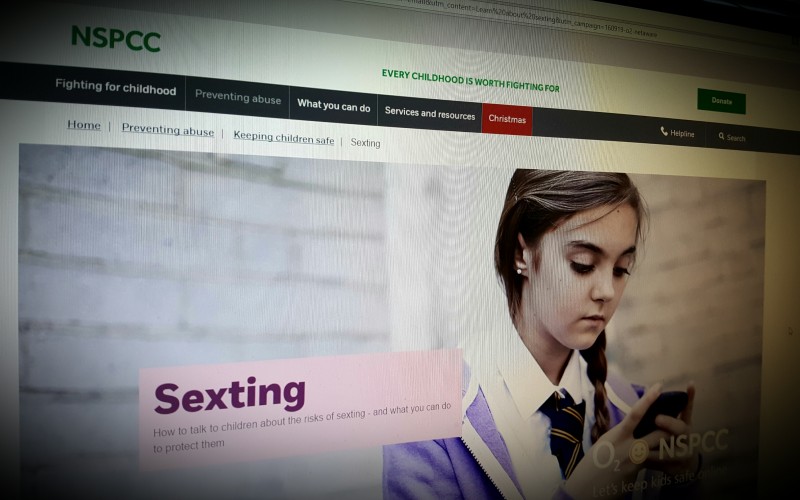
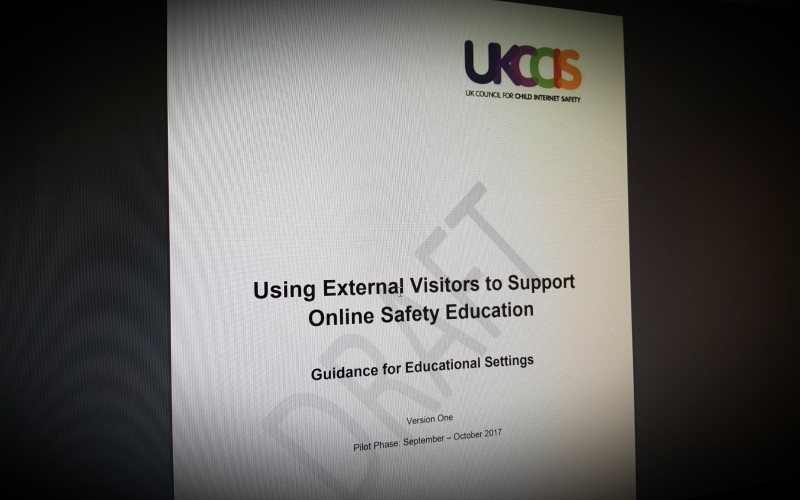
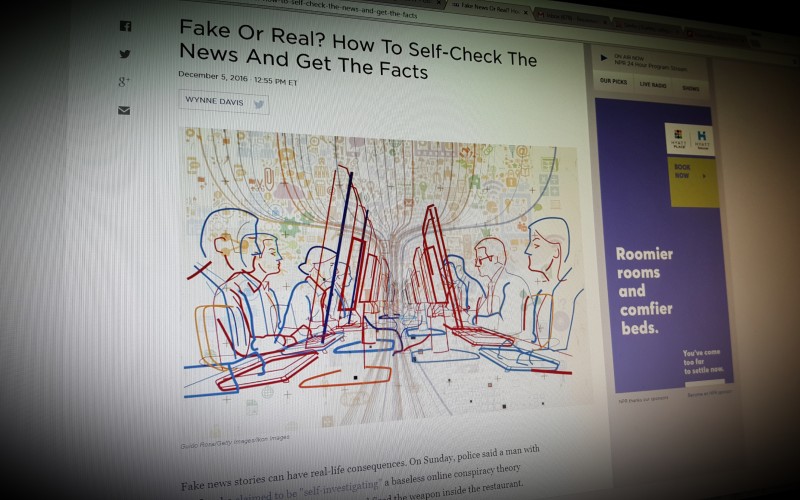
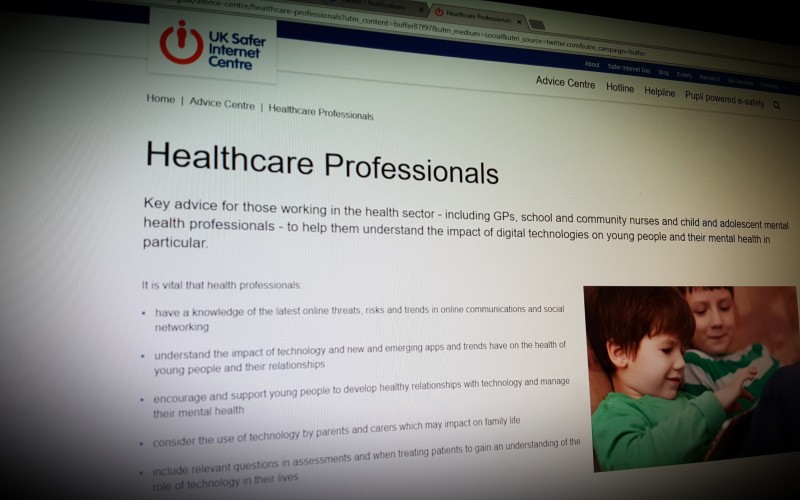
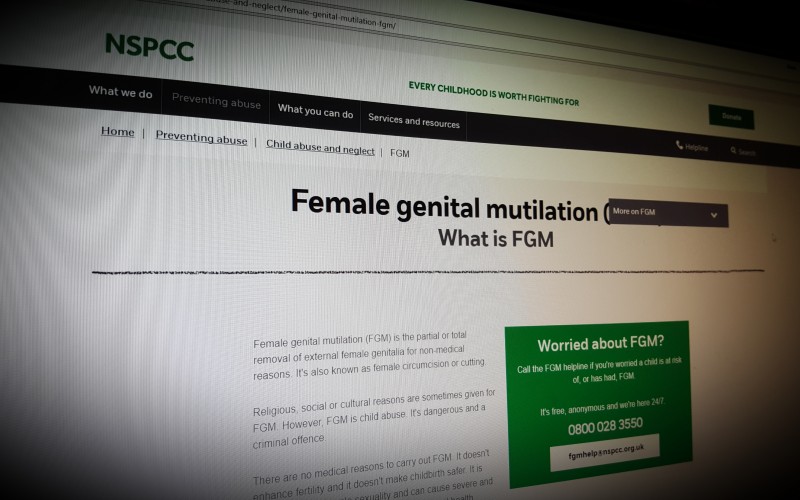
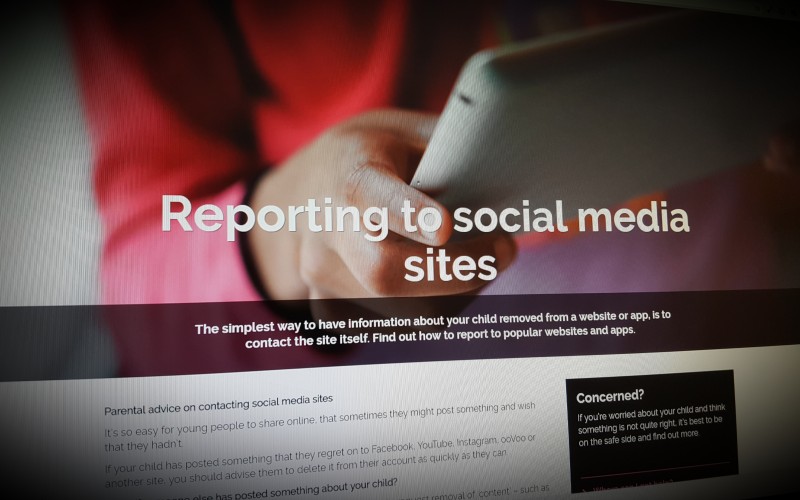
Comments
make a comment